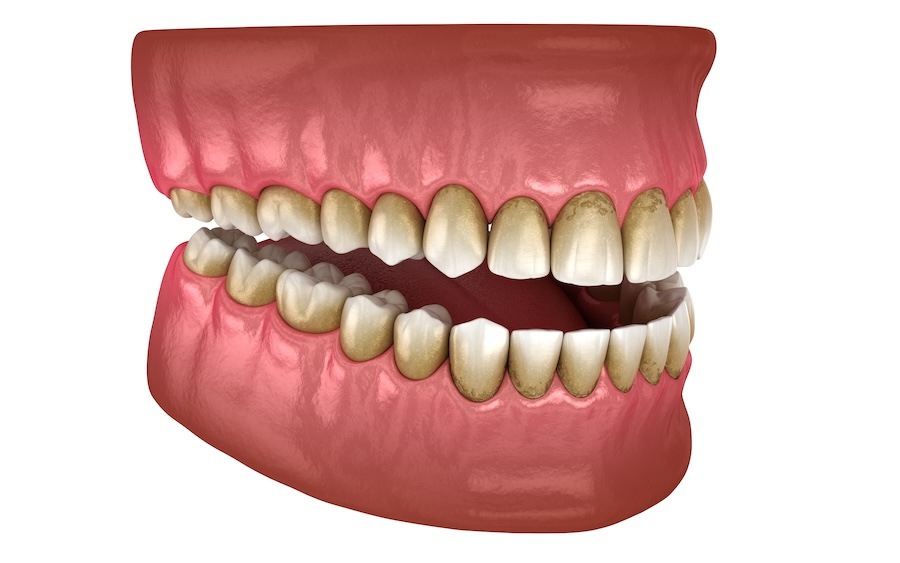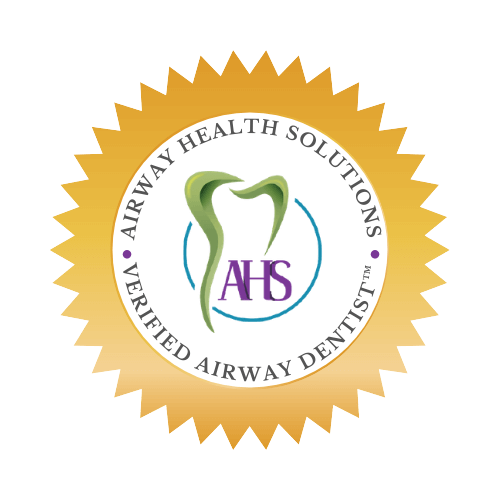
Good oral health goes beyond just brushing and flossing; it involves being vigilant about potential threats like periodontal disease. Left unchecked, this condition can lead to serious complications, including tooth loss. However, with proper prevention and early detection, you can safeguard your smile and overall health.
What is Periodontal Disease?
Periodontal disease, also known as gum disease, affects the tissues surrounding the teeth. Poor dental hygiene practices or infrequent visits to the dentist can contribute to bacteria buildup on the surfaces of your teeth and gums. This bacteria results in plaque and tartar, which can lead to gum disease.
Signs of Periodontal Disease
Early detection is essential for effectively managing periodontal disease. Fortunately, before periodontal disease reaches advanced stages, it is treatable with improved at-home oral hygiene care and frequent dental visits. Watch out for these warning signs:
Gum Inflammation: Red, swollen, or tender gums are often early indicators of gum disease. Healthy gums should appear pink and firm.
Bleeding Gums: If your gums bleed when you brush or floss, it could be a sign of gingivitis, the earliest stage of periodontal disease.
Receding Gums: Gum recession can expose tooth roots to bacteria, leading to decay or tooth loss.
Persistent Bad Breath: Bad breath that doesn’t improve with oral hygiene may be a sign of bacteria accumulating in the mouth, contributing to gum disease.
Loose or Shifting Teeth: As periodontal disease progresses, it can cause the supporting bone structure to weaken, resulting in loose or shifting teeth.
Preventing Gum Disease
Prevention is key when it comes to periodontal disease. Here are some tips to help you maintain healthy gums:
Regular Dental Check-ups: Professional cleanings are crucial for removing plaque and tartar buildup, which can contribute to gum inflammation and disease.
Good Oral Hygiene: Brush at least twice a day and floss daily to remove food particles and plaque from between your teeth.
Healthy Diet: A balanced diet can strengthen your immune system and help fight off infections, including gum disease.
Avoid Tobacco: Smoking or using other tobacco products can significantly increase your risk of gum disease.
Comprehensive Dental Care in Fort Smith, AR
Preventing gum disease involves maintaining good oral hygiene habits and attending regular dental check-ups. By being aware of the early signs of gum disease, you can take proactive steps to protect your smile and overall well-being. Don’t hesitate to reach out to the team at Southern Dental Fort Smith if you have any concerns about the health of your gums. Your smile is worth protecting!
FAQs
Q: How often should I visit the dentist to prevent gum disease?
A: It’s recommended to visit the dentist every six months for regular check-ups and cleanings.
Q: Can gum disease be reversed?
A: Early stages of gum disease, such as gingivitis, can often be reversed with proper dental care and improved oral hygiene.
Q: Are there any home remedies for gum disease?
A: While home remedies like saltwater rinses can help alleviate symptoms, they are not a substitute for professional dental care.
Q: What foods should I avoid to prevent gum disease?
A: Avoid sugary snacks and beverages, as they can contribute to plaque buildup and gum disease.
Q: Is gum disease hereditary?
A: Genetics can play a role in your susceptibility to gum disease, but good oral hygiene and regular dental visits can help mitigate this risk.
Further Reading and Resources
- American Dental Association on Gum Disease
- Mayo Clinic on Periodontal Disease
- Centers for Disease Control and Prevention: Oral Health
